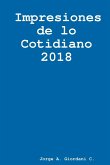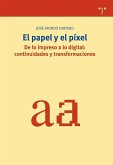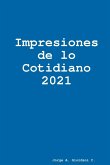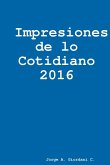The polished, the smooth, the impeccable, are the hallmark of our time. They are what Jeff Koons sculptures, smartphones and waxing have in common. These qualities highlight the current "excess of positivity" that Han speaks of in other essays, but that he focuses on and develops here in the field of art and aesthetics. Why do you like "polished" so much today? Because it does not damage, it offers no resistance. The digital beauty constitutes the space of the same, which does not tolerate any strangeness, any otherness, any negativity. Beauty is not a momentary brilliance nor is it found in immediate contact; shines in silence, through detours; it happens as a reunion and recognition.
Hinweis: Dieser Artikel kann nur an eine deutsche Lieferadresse ausgeliefert werden.
Hinweis: Dieser Artikel kann nur an eine deutsche Lieferadresse ausgeliefert werden.








